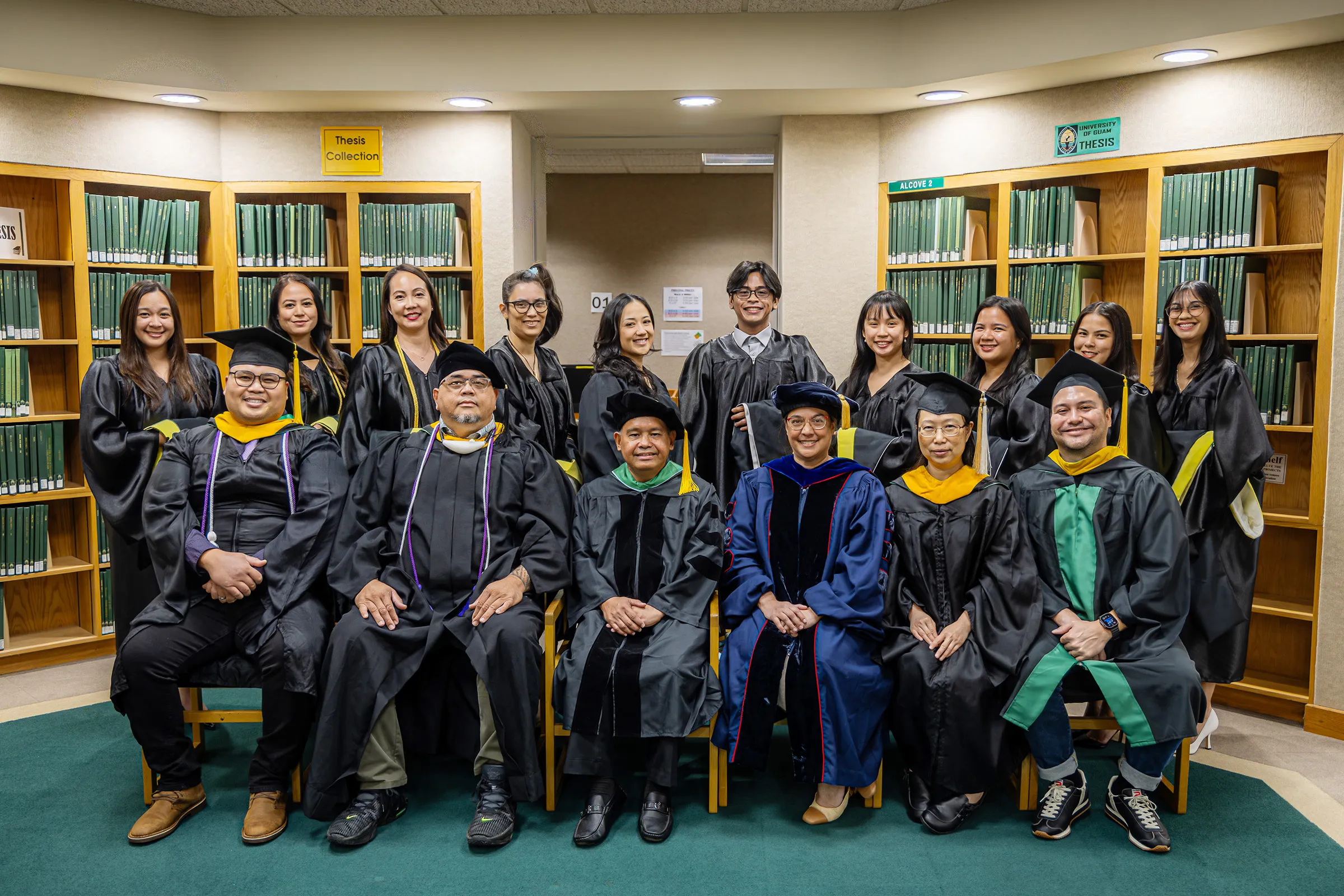Palau is hosting for the first time, the APA meeting which started on March 14 and will conclude today with an expected adoption of the final report of standing committees on the three issues.
Joining their Palau counterparts are participating members of various parliaments representing Iran, Saudi Arabia, Sri Lanka, Indonesia, Bahrain, Russian Federation and officials from the APA Secretariat.
APA has a 41-member country and 17 observer countries.
House Floor Leader Gibson Kanai during the ceremony was elected chairman of the committee.
The APA Charter and Tehran Declaration lay out a framework of cooperation among Asian countries for “Asian Integration” of which Palau and other Pacific countries are included.
The APA was established in 2006. It is a continuation of Association of Asian Parliamentary for Peace (AAPP), which was established in 1999.
The AAPP was established in Dhaka, Bangladesh, to promote unity toward the single purpose of peace and a concrete framework for regional cooperation to strengthen human rights protection and democracy. The AAPP was to cultivate strategies for the realization of peace and the right to development as well as social, cultural, and environmental rights of the peoples in Asia.
In his remarks, Kanai said Palau is introducing a resolution for the body’s approval to commend the island-country in providing shelter for Myanmar refugees and Uighurs- a move which upholds many of the APA objectives, especially in regards to the promotion of peace.
APA has eleven different subcommittees which deals with major issues facing Asia. Decisions made by the subcommittees are referred to the executive council to be examined and approved. The executive council convenes at least twice a year. The council submits its decisions to the plenary for final approval by the APA member parliaments.
The resolution on combating corruption calls for an enhanced capacity to fight corruptions which include a strengthened local legislation to enforce anti-corruption measures.
APA members, meanwhile underlines the importance of consensus- building and development of a harmonized position towards globalization.
For the health equity, the resolution will focus on the role of the parliaments in promoting policies on health to address the problem of socio-economic inequalities at the global, regional and national levels.









